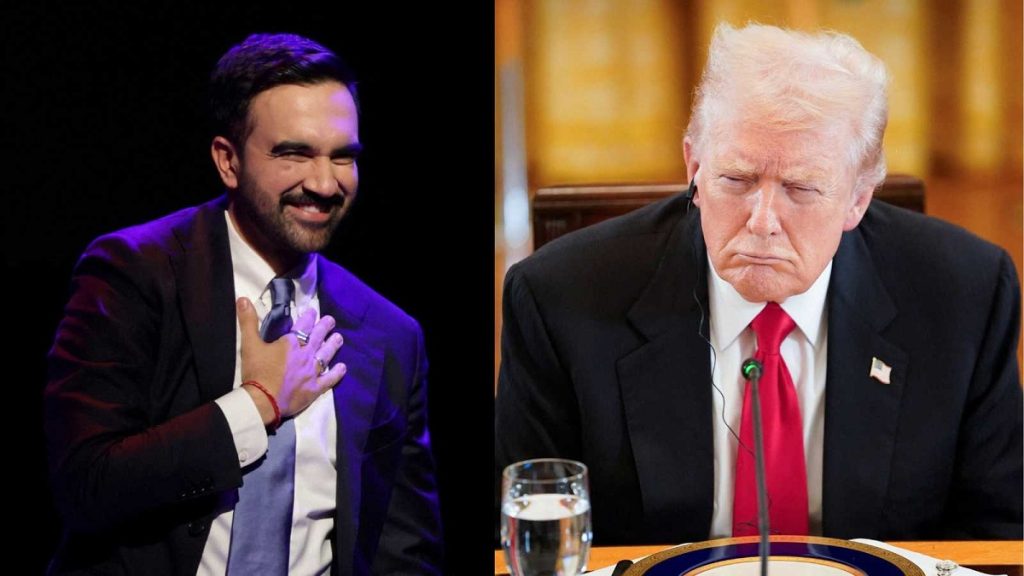The election of Zahran Mamdani as the 111th mayor of New York City was not merely a local victory; it was a clear rejection of the national political machine, especially the efforts of President Donald Trump.
During the campaign, the president strongly opposed the democratic socialist candidate, publicly endorsing his rival, former Governor Andrew Cuomo. Trump repeatedly labeled Mamdani a “communist lunatic” and threatened to withhold federal funding from the city if he won. Mamdani, who ran on an affordability-focused platform, refused to back down. In his victory speech, he confronted the president directly, declaring:
“If anyone can show a nation betrayed by Donald Trump how to defeat him, it is the city he grew up in. Turn up the radio, Donald Trump!”
A Forced Reconciliation: Politics as the Art of the Possible
Despite the bitter exchanges and harsh rhetoric, the next chapter of this political saga carries a striking irony. Only weeks after Mamdani’s win, President Trump confirmed his willingness to receive him at the White House—specifically in the Oval Office—following long-standing tradition between the president and the mayor-elect of America’s largest city.
This move embodies the famous saying that “politics is the art of the possible,” and it highlights Mamdani’s political maturity as he transitions quickly from activist outsider to responsible mayor. Mamdani emphasized that this step reflects his commitment to working with “anyone, regardless of differences, as long as it serves the interests of New York’s eight and a half million residents.” He explained that his agenda in Washington would focus on the core issues that secured his election: public safety, economic security, and the cost-of-living crisis.
With this, Mamdani sends a clear message: in the world of governance, local priorities—like securing federal funding for New York—outweigh partisan hostility. He defeated Trump’s efforts at the ballot box, and now he goes to meet his opponent to ensure the city is not punished, proving that effective leadership requires negotiating even with one’s “worst political nightmare.”

